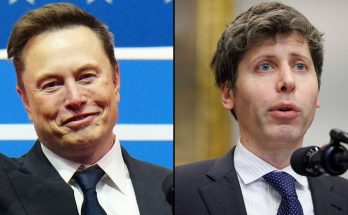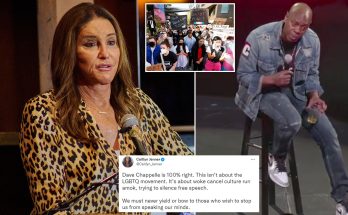
In the ever-changing landscape of Hollywood, where politics often mix with entertainment, certain figures stand out for their unapologetic stances. One such figure is Sylvester Stallone, who recently made headlines for his public fallout with late-night host Jimmy Kimmel and the wider entertainment media. Stallone’s rejection of Kimmel’s overtures has sparked much debate, offering a glimpse into the shifting tides of public opinion in Hollywood. His actions have not only drawn attention to the media’s growing influence on entertainment but also signaled a turning point for actors who are taking a more vocal approach to political and social issues.
The Fallout Between Stallone and Kimmel
The drama between Sylvester Stallone and Jimmy Kimmel started several weeks ago when Kimmel made a series of disparaging comments about Stallone. The late-night host mocked the actor on his show and seemingly made light of Stallone’s career and opinions. Things escalated when Kimmel actively worked to keep Stallone from appearing on a scheduled segment of Jimmy Kimmel Live! in December. Kimmel’s attempt to sideline Stallone backfired in dramatic fashion, as it drew significant backlash from fans and critics alike.
This move by Kimmel, coupled with his tendency to inject politics into his late-night monologues, fueled the fire. Stallone, who has never been shy about his views, felt alienated by Kimmel’s political agenda. As Stallone’s fans rallied in his defense, Kimmel’s ratings suffered, and ABC’s parent company Disney found themselves scrambling to repair the damage.
The Power Shift
What happened next is a fascinating turn of events. Faced with plummeting ratings and the growing backlash from the public, Kimmel and ABC executives attempted to backtrack. They sought to negotiate with Stallone, urging him to return to the show. However, Stallone, not one to cave in to public pressure, rejected the offer outright. The actor and his team made it clear that they would not return to the show under the terms offered, signaling a new era where celebrities no longer feel compelled to participate in toxic environments.
For Stallone, this decision was not just about rejecting Kimmel personally—it was a statement about the broader issues at play in Hollywood. In a world where actors are often expected to conform to the industry’s unspoken rules, Stallone’s actions reflect a growing trend among other celebrities to step away from politically charged platforms and take control of their own narratives.
Hollywood’s Changing Dynamics
Stallone’s stance is indicative of a larger shift in the entertainment industry. As Hollywood grapples with increasing division, actors are speaking out against what they perceive to be media manipulation and the industry’s tendency to force certain narratives. Alongside Stallone, other actors like Zachary Levi have similarly distanced themselves from mainstream media outlets, choosing instead to embrace independent platforms where they can be more authentic and less constrained by political agendas.
This trend is reshaping the future of entertainment, especially as more actors reject traditional media outlets. Stallone, for example, is now focusing on guest appearances in independent shows, podcasts, and social media platforms, opting to engage directly with his audience rather than relying on the gatekeepers of Hollywood.
The End of an Era for Late-Night TV?
The fallout between Stallone and Kimmel also highlights the waning influence of traditional late-night television. As viewership declines and public trust in mainstream media continues to erode, late-night talk shows are facing increasing pressure to adapt. ABC, already grappling with declining ratings and bad press, is reportedly considering replacing Kimmel by 2026. This shift comes after a series of controversies, including Kimmel’s viral on-air emotional breakdown, which left many questioning his ability to remain a relevant figure in the late-night landscape.
The Stallone-Kimmel saga may well mark the end of an era for shows like Jimmy Kimmel Live!, with many celebrities now hesitant to appear on platforms that they feel are no longer in tune with their views. This, in turn, may pave the way for a new generation of entertainers who choose to bypass traditional networks in favor of more independent media outlets where they have greater control over their messaging.
Conclusion: Stallone’s Bold Decision
In the end, Sylvester Stallone’s refusal to bow to Kimmel and the media is a powerful statement of defiance against the status quo. It shows that actors—especially those with established careers—are no longer willing to tolerate media manipulation or toxic environments. Stallone’s rejection of Kimmel’s offer is not just a personal victory but a larger victory for freedom of expression in Hollywood.
As Hollywood continues to evolve, it is likely that more actors will follow Stallone’s lead and take control of their careers in ways that break free from traditional media constraints. Whether this means finding new platforms to voice their opinions or simply walking away from the spotlight altogether, one thing is clear: Stallone has shown that sometimes, the most powerful thing you can do is stand firm in your convictions and say no.


